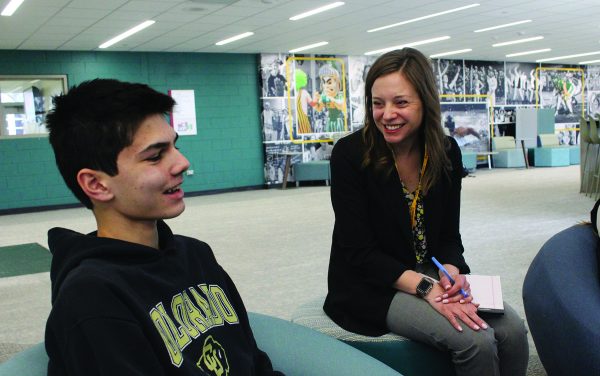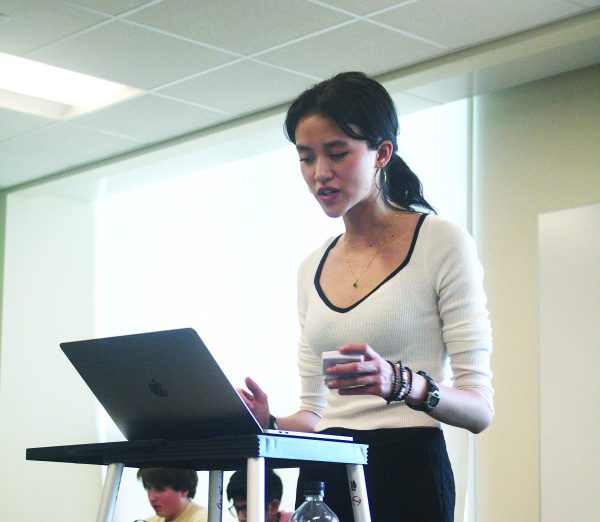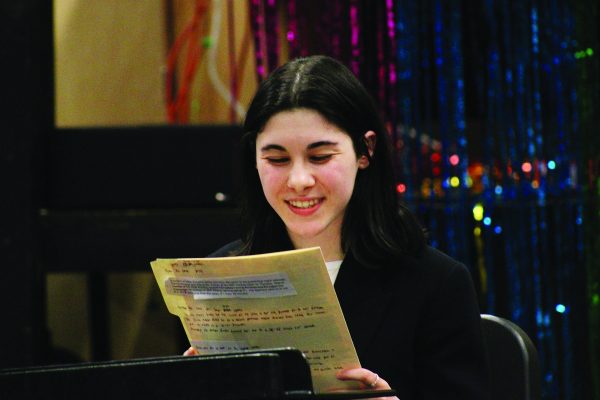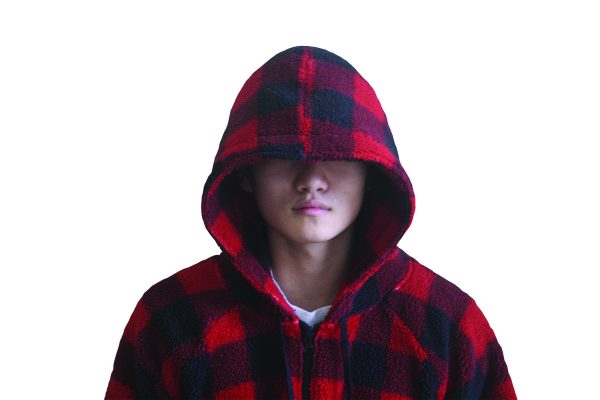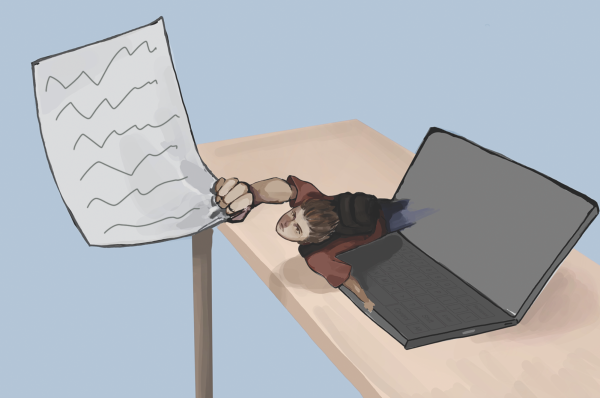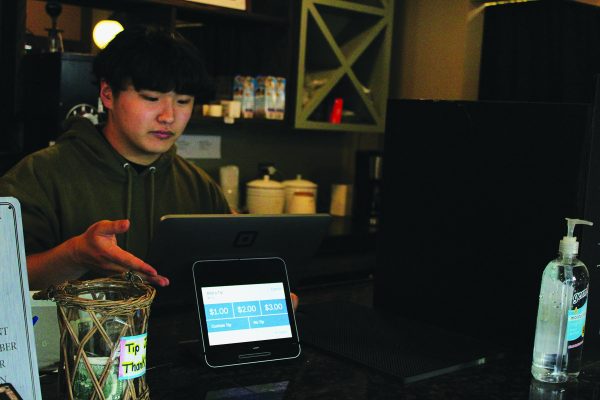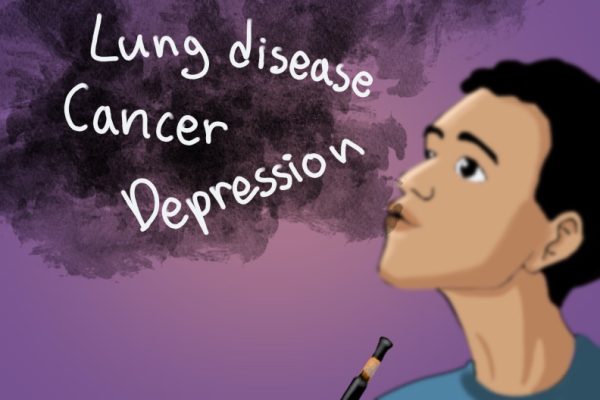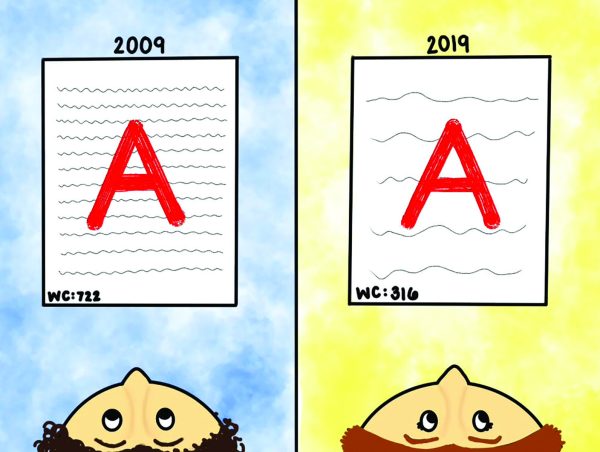No increase in denied club proposals
Last year, junior Maya Epstein was surprised to discover
that she was not the only student at school who wanted to start a conservative politics club. She found that her brother and a multitude of his friends did as well. Although, what stunned her even more was when the club idea was not approved. After the idea was denied, she felt the desire to express her political beliefs even more.
“Before, I was OK with keeping [politically conservative beliefs] to myself, but after having the hope of being able to share my thoughts with other people, I realized what I was missing,” Epstein said.
In order to start a club, students are required to go through a vetting process in which they state the club’s purpose, describe daily activities of their club, find a sponsor and list at least 20 students who would be willing to join the club. After completing those initial steps, the students then present the club proposal to Michael Tarjan, assistant principal of student activities, for final approval and potentially schedule additional meetings with him to discuss further details before a decision is made. If any of those steps are not accomplished, the club idea may not be accepted.
Since 2015, there has not been an increase in the amount of club ideas denied, according to Tarjan. Eight new student-led organizations have been approved since April of 2018.
According to Tarjan, there are a multitude of factors that determine whether or not a club is able to be approved, such as its potential longevity or the number of resources available, such as staff, space and funding.
Epstein said the proposal for their club was not approved because Open Forum, a club in which a diverse set of political ideas are meant to be discussed, had already been started. While the conservative politics club would only focus on one political ideology.
An important policy surrounding clubs is to make sure there is no overlap between them, said Tarjan. If a proposed idea is too similar to or is able to fit under an existing club, then he encourages the students to try and incorporate their ideas into the current club.
According to Tarjan, one idea he frequently receives is fundraising clubs, which he views as a potential problem.
“If we have a bunch of clubs that focus on raising money to give to organizations, … people around our school are going to constantly be asked to make donations to things, and I think that can be overwhelming for the school and its community,” Tarjan said.
Senior Joshua Yang, creator of Open Forum, said he does not believe every proposed club should come to fruition, instead, only ideas that would benefit students should be allowed.
Tarjan said it is crucial to probe students on why they want to start a club in order to determine if they hold a genuine passion for the idea and that their intentions are not solely focused on improving their college application.
Epstein said she believes as long as a student’s club idea is school appropriate, has a potential sponsor and has students willing to attend, then there should not be an issue with it being approved.
“I was disappointed [when the conservative politics club proposal was denied] because it was something that I wanted to do,” said Epstein.
According to Tarjan, he feels there may be a misconception surrounding the number of club ideas being denied.
“I know that I disappoint people when I say no, but usually when I say no, I give [students] some direction of where, if they’re really passionate about this idea, [their idea] fits in somewhere else in our school, and [we’ll] see if we can join two ideas together … [to] accomplish [their] passion,” Tarjan said.


